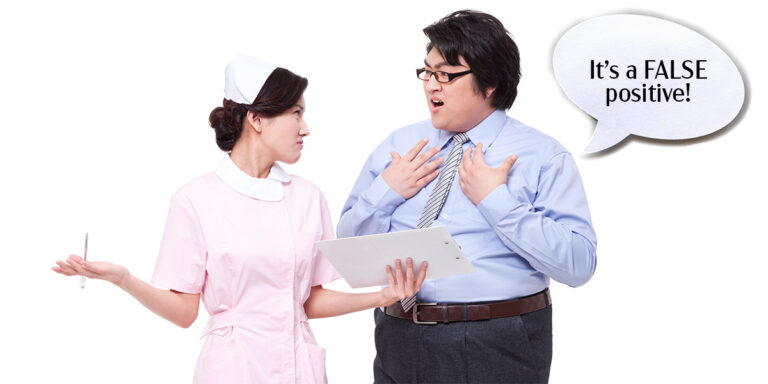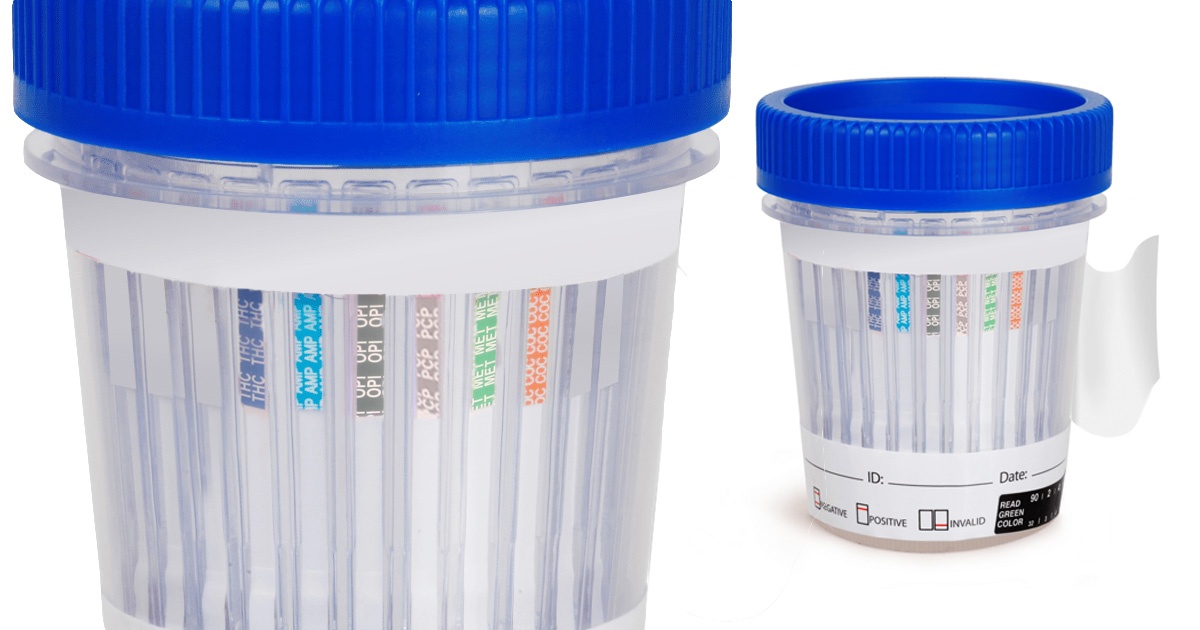
Drug Testing at Work: Why It Matters for Small to Medium Business Owners
Drug use in the workplace is a real issue that many small to medium business (SMB) owners face. According to National Survey on Drug Use

False Positive Drug Tests: Understanding Causes & Minimizing Errors for Drug-Free Workplaces
UPDATED: 12/8/2023
Maintaining drug-free workplaces is crucial for the safety, productivity, and well-being of employees. Drug testing plays a vital role in ensuring a drug-free environment, but false positive results can occasionally create confusion and in interpretation of results. In this blog post, we will explore the causes of false positive drug tests, discuss strategies to minimize errors and introduce DrugTestKitUSA as a trusted supplier of reliable drug test kits.
A false positive drug test occurs when a test indicates the presence of a drug in a person’s system, even though they have not consumed that substance. False-negative results occur when a medication or metabolite is present at such low concentrations that it is not identified. In some cases, contaminants can also impair the immunoassay’s capacity to identify the presence of medicines.
False positives can be caused by various factors, including cross-reactivity with other medications or substances, food items, laboratory errors, or inadequate sample collection and handling.

It’s important to note that these substances and activities may not always produce false positives or false negatives in drug tests, but they have the potential to do so. If an individual tests positive, it’s crucial to consider possible explanations, such as legitimate medication use or exposure to substances in the environment. A quantitative test using nonimmunologic techniques such as gas chromatography, mass spectroscopy, or high-performance liquid chromatography should be used for confirmation. A positive immunologic test result should be considered a “presumed positive” or “non-negative result”. Positive results should be confirmed in the lab. Often, as part of a drug testing program, an independent specialist, a Medical Review Officer (MRO), reviews the results of screening and confirmatory testing. They will review the employees’ current medications and medical conditions, identifying substances that may trigger false positives. This helps ensure accurate interpretation of test results.
Implementing effective drug testing programs is crucial for promoting workplace safety, reducing accidents, and ensuring a productive and healthy environment. Drug testing acts as a deterrent, discouraging employees from using illicit substances and creating a safer working environment for all.
To achieve accurate and reliable drug test results, businesses can rely on DrugTestKitUSA as a trusted supplier. DTKUSA offers a wide range of drug testing kits, including urine and saliva tests, ensuring high-quality products that provide accurate results.
False positive drug tests can pose challenges in maintaining drug-free workplaces. Understanding the causes of false positives and implementing strategies to minimize errors are crucial steps in ensuring accurate and reliable drug test results. Maintaining a drug-free workplace is not just about compliance; it is about prioritizing the safety, well-being, and productivity of employees. By partnering with DrugTestKitUSA and implementing comprehensive drug testing programs, businesses can contribute to creating a safer and healthier work environment.

Drug use in the workplace is a real issue that many small to medium business (SMB) owners face. According to National Survey on Drug Use

The AvertD test is a prescription-only genetic test for those 18+ to assess the risk of opioid use disorder using a cheek swab.


Security at Stripe: Learn how Stripe handles security.
A PCI-certified auditor has audited Stripe. We’re a certified PCI Service Provider Level 1. This is the most stringent level of certification available in the payments industry. To accomplish this, we use the best-in-class security tools and practices to maintain a high level of security at Stripe.
Stripe forces HTTPS for all services using TLS (SSL), including our public website and the Dashboard to ensure secure connections:
We regularly audit the details of our implementation, including the certificates we serve, the certificate authorities we use, and the ciphers we support. We use HSTS to ensure that browsers interact with Stripe only over HTTPS. Stripe is also on the HSTS preloaded lists for both Google Chrome and Mozilla Firefox.
All card numbers are encrypted at rest with AES-256. Decryption keys are stored on separate machines. None of Stripe’s internal servers and daemons can obtain plain text card numbers but can request that cards are sent to a service provider on a static allowlist. Stripe’s infrastructure for storing, decrypting, and transmitting card numbers runs in a separate hosting environment, and doesn’t share any credentials with Stripe’s primary services including our API and website.
Why use PayPal?
Your information is secured.
When you pay with PayPal, your financial information is never shared with the seller, and you can pay using only your email address and password.
Security around the clock.
PayPal monitors every transaction 24/7 to help prevent against fraud, email phishing and identity theft. Every transaction is heavily guarded behind their next-level encryption.
If something seems suspicious, their dedicated team of security specialists is immediately on it to help protect you from fraudulent transactions. And remember, PayPal will never ask for any sensitive information from you in an email.
You can be sure that your transaction is protected and secure when you use PayPal at the DrugTestKitUSA checkout.